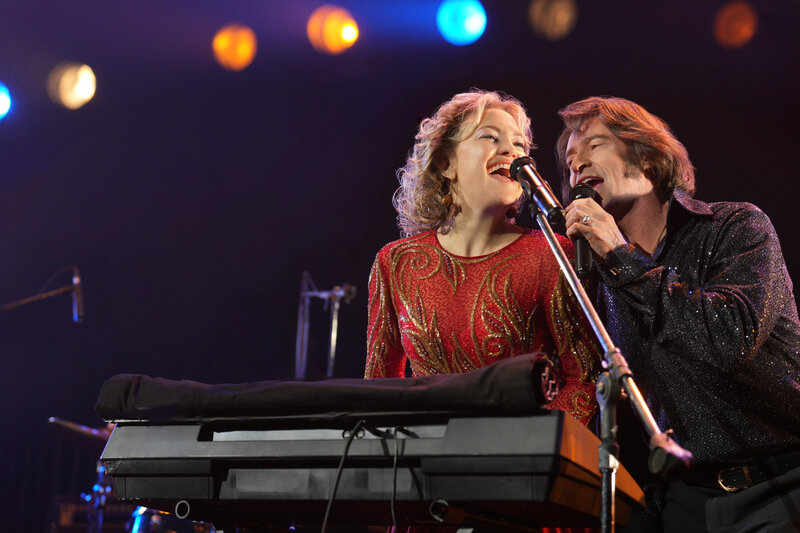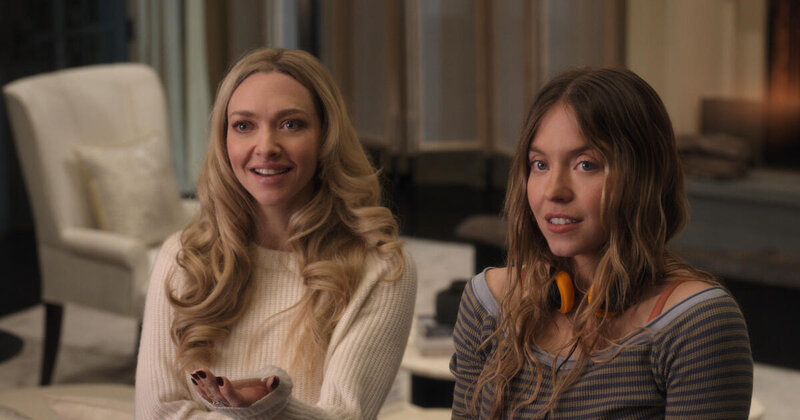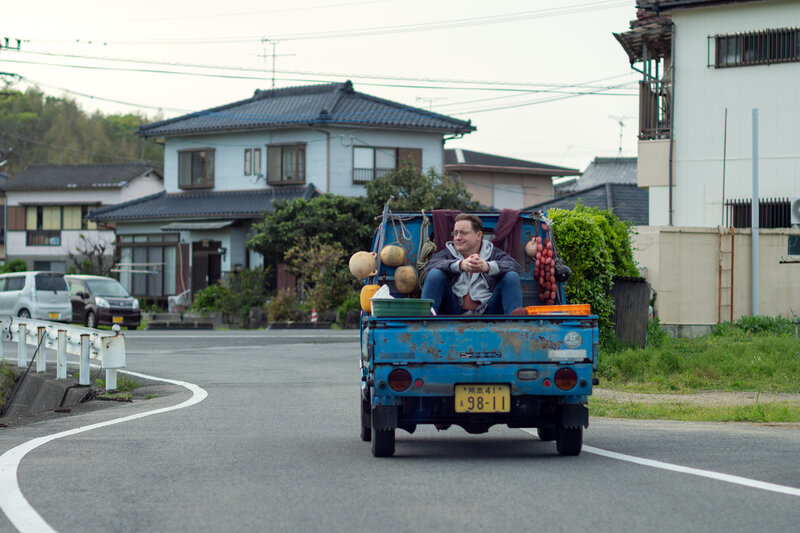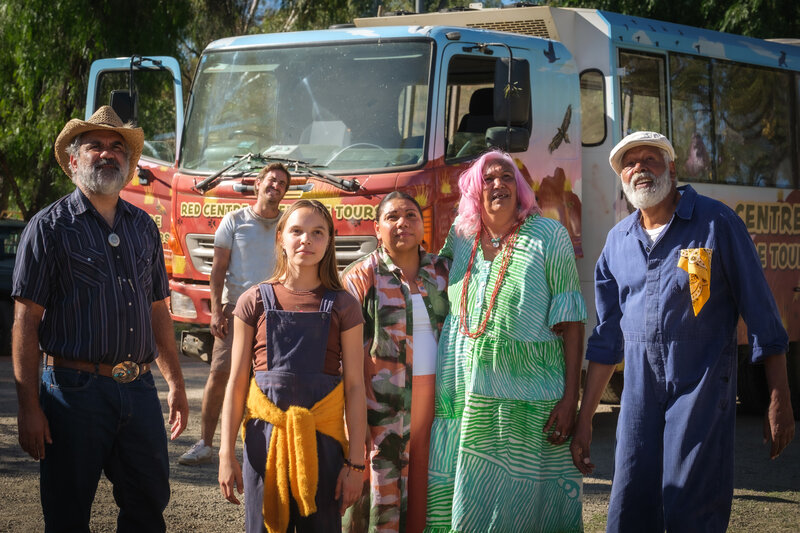The year 1968 was a turbulent time in American history and politics. Martin Luther King and Robert Kennedy were assassinated; US involvement in the war in Vietnam increased; and President Johnson raised the draft total to 3,500. And the Democratic National Conference in Chicago was marred by riots between police and anti-war protestors. They had intended to stage peaceful demonstrations alongside rock concerts but were met with a heavy and heavy-handed police presence. The press denounced the overreaction of the police and Mayor Daley. Those events form the basis for Aaron Sorkin’s Netflix film, The Trial of the Chicago 7.
Seven people who were identified as having organised several disparate groups at the protest were charged with conspiracy to incite riots and were put on trial in 1969. Amongst the seven ringleaders were activist lawyer Tom Hayden (Eddie Redmayne), writer/activist Abbie Hoffman (Sacha Baron Cohen), a vocal critic of the war, and David Dellinger (John Carroll Lynch), a long-time anti-war activist. And also put on trial was an eighth person – Bobby Seale (Yahya Abdul-Mateen II), the petulant and dangerous and outspoken leader of the Black Panther movement, who was not actually involved. Seale was not represented by counsel, and he continually denounced the racist attitude of the presiding judge and protested that he was being denied his constitutional rights. He was not allowed to speak in his own defence nor question witnesses. Eventually the judge had Seale removed from court, beaten and returned bound and gagged in a move that shocked most observers. At the request of the prosecution his trial was separated from the other seven defendants and he was cited for contempt of court.

This was a controversial and politically motivated trial that illustrated the blatant abuse of government power and it occasionally descended into farce. The Nixon administration had inherited the unpopular war and was determined to flex its muscle and make an example of this anti-establishment movement. A lot of the prosecution witnesses who testified were undercover police who had infiltrated the protest movement. Defending the seven accused was William Kuntsler (Mark Rylance), a lawyer and civil rights activist. According to Kuntsler there was no such thing as a political trial, only criminal or civil trials, but he soon learned the harsh reality that was driving the prosecution.
The prosecution was headed by ambitious young prosecutor Richard Schultz (Joseph Gordon-Levitt), whose reluctance was obvious. And the trial was presided over by the irascible and openly biased Judge Julius Hoffman (Frank Langella), who was the personification of the government’s will. And as clearly pointed out by Hayden, during the 155 days of the trial nearly 5000 US soldiers had been killed in Vietnam.
Even though The Trial of the Chicago 7 depicts events that occurred half a century ago its themes about abuse of government power resonate strongly even today. The trial raised serious questions about the First Amendment rights and highlighted the clash between cultures and generations that shaped the latter part of the 60s.
This incendiary and passionate drama comes from the pen of Sorkin, who is known for his incisive approach to important themes and articulate dialogue. Sorkin is no stranger to courtroom dramas, having previously written A Few Good Men. But he has also turned the founding of social media giant Facebook into a gripping drama with The Social Network and made the mix of maths and baseball compelling with Moneyball. Sorkin also created the tv series The West Wing which gave us insights into the state of play of US politics, and the tv series The Newsroom which explored the ethics of contemporary television journalism. It’s therefore no surprise that The Trial of the Chicago 7 is a politically charged drama that has contemporary resonances. Sorkin has drawn upon actual trial transcripts to shape the drama, but he has taken a few liberties for dramatic purposes. Nonetheless, this is still a powerful, erudite drama that is intended to make the audience angry about the blatant abuse of authority and miscarriage of justice.
The courtroom scenes have a claustrophobic feel and crackle with strong dramatic confrontations and tension. While these scenes do seem to be a bit theatrical in nature, Sorkin flexes his directorial muscles with his handling of the violent clashes between the protestors and the police, capturing the chaos and confusion. Cinematographer Phedon Papamichael (Ford v Ferrari) has done a superb job here, creating a strong visual contrast between the interior scenes and using handheld cameras to take us into the chaos and confusion during the flashbacks to the riot.
Sorkin has assembled a strong ensemble cast to flesh out the characters, and they all deliver superb performances. Cohen is better known for his outrageous comedic roles as Borat and Ali G, but here he essentially plays a straight role. He is superb as the flamboyant Hoffman, who was determined to turn the trial into a protest itself and imbues the character with plenty of quirky touches and a bravura attitude. Redmayne (The Danish Girl) is more restrained as an earnest and moderate Hayden who is at odds with Hoffman. Langella is a standout as the imperious, humourless and biased judge Hoffman who is cast as the real villain of the piece as he hands out contempt citations like parking tickets. Gordon-Levitt brings a touch of ambiguity to his role as Shultz, who grew increasingly uncomfortable with his role in the trial. Michael Keaton has a cameo as Ramsey Clarke, the former attorney general under LBJ, who declined to prosecute the defendants, and whose testimony that the riots were started by the police tactics was dismissed by the judge.
This is actually the fourth film to deal with the controversial trial, but Sorkin’s powerful drama resonates strongly with contemporary overtones. The film has already attracted plenty of early Oscar buzz.
Greg King
For more of Greg King’s writing on film, check out his blog at filmreviews.net.au
Other reviews you might enjoy:

Greg King has had a life long love of films. He has been reviewing popular films for over 15 years. Since 1994, he has been the film reviewer for BEAT magazine. His reviews have also appeared in the Herald Sun newspaper, S-Press, Stage Whispers, and a number of other magazines, newspapers and web sites. Greg contributes to The Blurb on film





